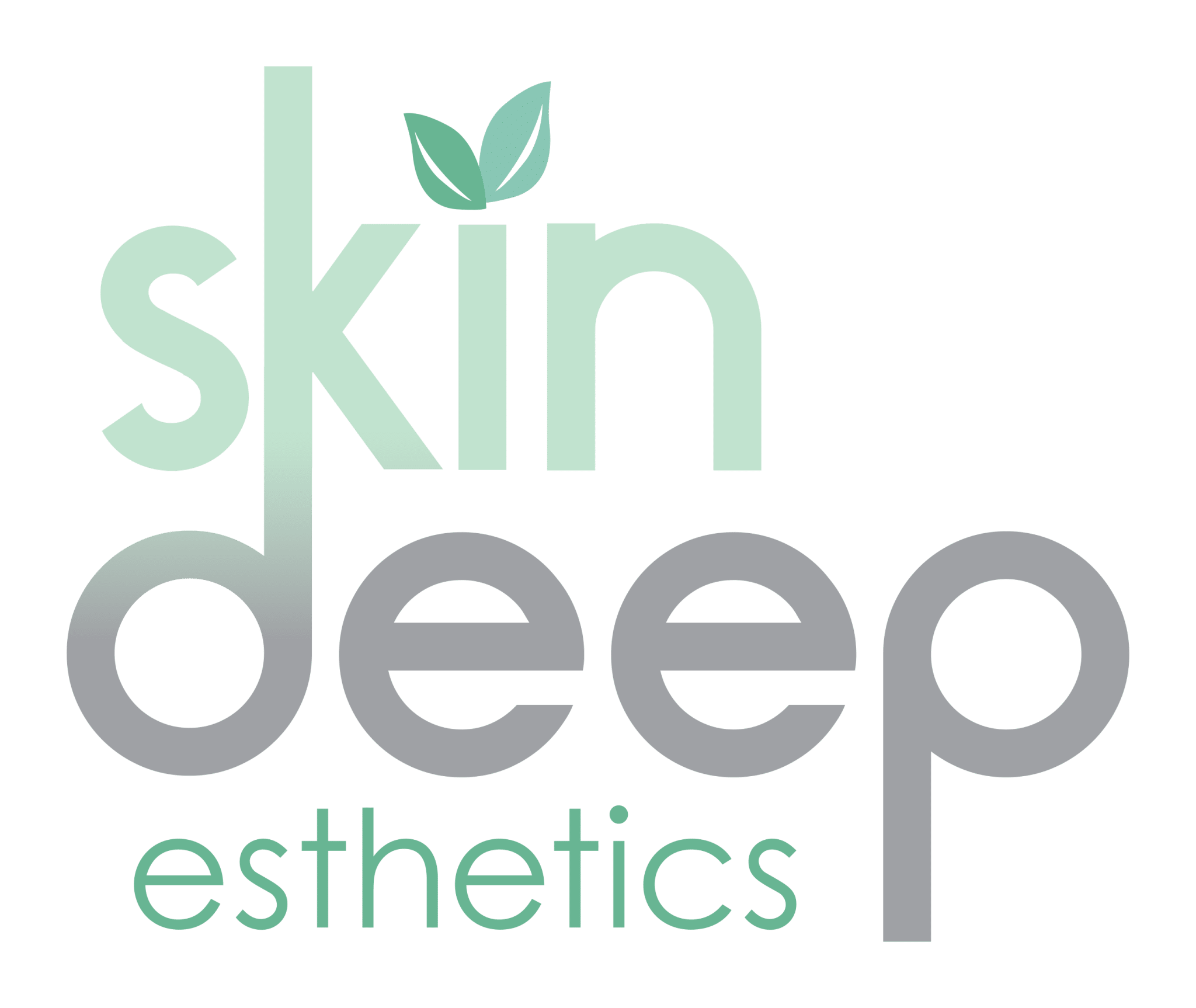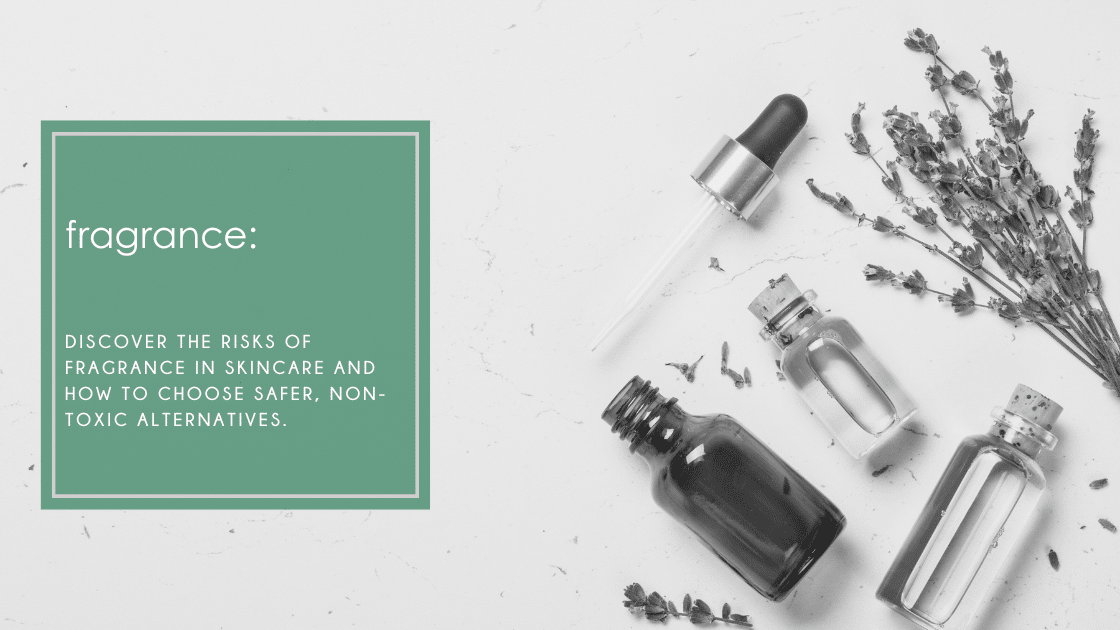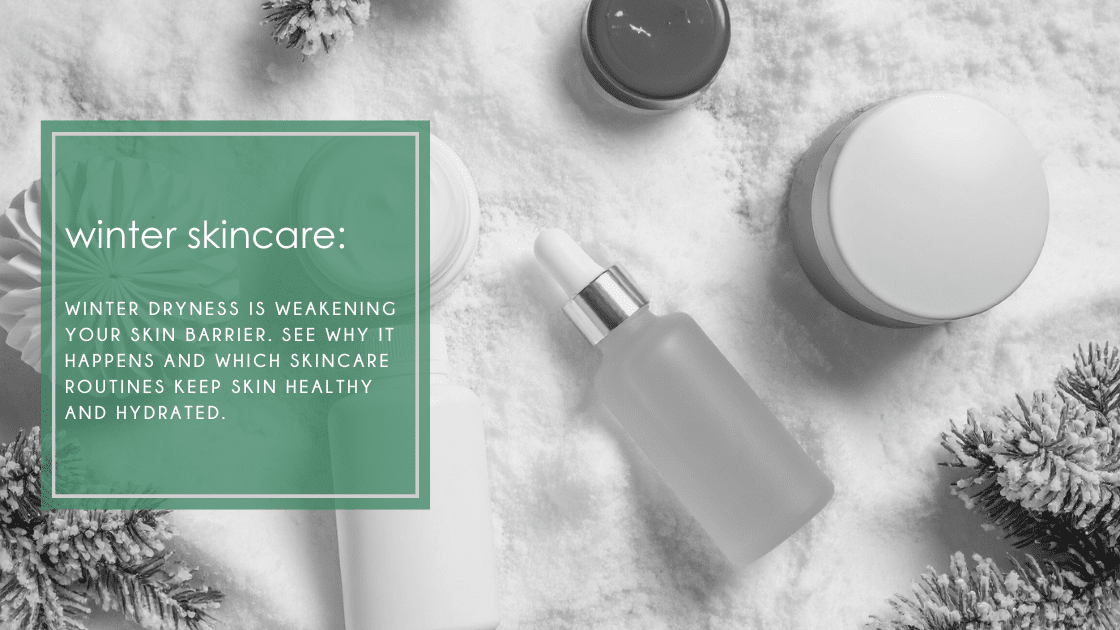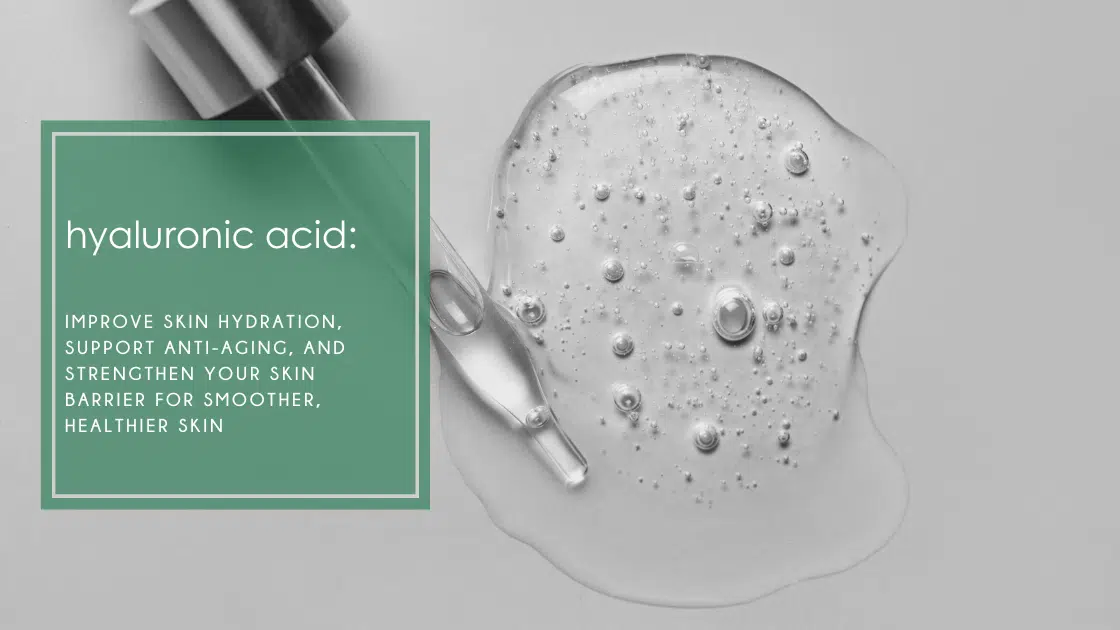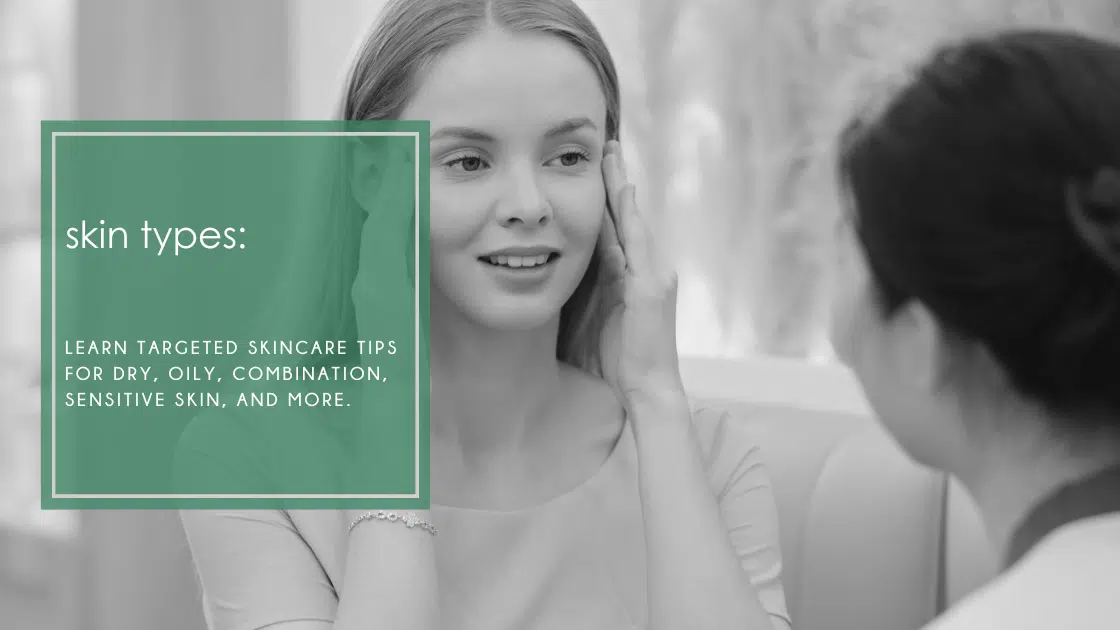Fragrance: Is Fragrance in Skincare Bad for You?
Fragrance: The Scented Secret Lurking in Your Skincare
Fragrance is everywhere and in everything; from shampoos to skincare, and we’re naturally drawn to products that smell good. But here’s the real question: Are these fragrances safe? Or are they doing more harm than good? In this blog, we’ll dive into your most pressing questions, exploring why fragrance is used, how it’s regulated (or not), the loopholes in cosmetic laws, and how you can protect yourself from unnecessary chemical exposure.
What is Fragrance For?
Fragrances are added to enhance products to stimulate a sensory experience. In products, fragrance is mainly used to mask odor. Most raw cosmetic ingredients have an unpleasant smell, so manufacturers mask those odors by adding synthetic or natural scents. This creates a more enjoyable experience for the consumer—and encourages repeat purchases. But that lovely scent may come at a cost.
Why is Fragrance in Skincare Products?
Fragrance serves many purposes in skincare products to enhance the sensory experience, create a signature “scent”, and neutralize odors from raw ingredients. However, the downside is significant. Fragrance is highly unregulated, and many of the ingredients that make up that fragrance can be harmful and are linked to health issues (Like skin sensitivities, allergies, and hormone disruptions). The Campaign for Safe Cosmetics states, “While most fragrance chemicals are not disclosed, we do know that some are linked to serious health problems such as cancer, reproductive and developmental toxicity, allergies, and sensitivities. Clearly, there is a need for stronger regulations, more research, and greater transparency.” Typically, these are listed as “fragrance”, “parfume”, or “essential oil blend”, making it harder for consumers to really know what they are using.
Why Should You Avoid?
Fragrances are made up of a variety of ingredients from raw materials, petroleum, phthalates, and other toxic ingredients. Companies hide the ingredient list in the term “fragrance” or “trade secret”.
But the real question is, how are they able to get away with this? In 1967, the Fair Packaging and Labeling Act was passed, which allows companies the ability by law to not be “forced” to reveal trade secrets of their formulas. The EWG states, “Fragrance secrecy is legal due to a giant loophole in the Federal Fair Packaging and Labeling Act of 1973, which requires companies to list cosmetics ingredients on the product labels but explicitly exempts fragrance. By taking advantage of this loophole, the cosmetics industry has kept the public in the dark about the ingredients in fragrance, even those that present potential health risks or build up in people’s bodies.” – explaining that this loophole allows manufacturers to withhold full ingredient disclosure, even if the undisclosed ingredients pose health risks or accumulate in the body over time.
How to Spot Fragrance in Skincare
To avoid harmful ingredients, look out for these terms on product labels:
- Fragrance
- Parfum or Perfume
- Essential Oil Blend
- Trade Secret
This is how manufacturers hide ingredients in skincare products. If you see these, proceed with caution. To read more about the act, please click here.
Can Fragrance Cause Acne?
Yes—fragrance can trigger acne in some people, especially if the scent includes comedogenic ingredients (those that clog pores). More commonly, fragrance causes dermatitis, irritation, and skin sensitivity. When in doubt, minimize exposure to products with fragrance, which may help calm your skin and reduce inflammation.
Are Fragrance Oils Toxic?
Whether it’s a fragrance or a fragrance oil, the ingredients follow the same structure. Fragrance oils tend to be a mixture of natural and synthetic ingredients. According to PubMed, “Fragrance molecules may trigger various acute and chronic pathological conditions because of repetitive human exposure to indoor environments at home and workplaces. The negative impact of fragrance chemicals on human health includes cutaneous, respiratory, and systemic effects (e.g., headaches, asthma attacks, breathing difficulties, cardiovascular and neurological problems) and distress in workplaces. Pathologies related to synthetic perfumes are associated with allergic reactions (e.g., cutaneous and pulmonary hypersensitivity) and potentially with the perturbation of the endocrine-immune-neural axis.”
Endocrine Disruptors
There is a fine line between clean beauty products that rely on “natural” and “non-toxic” fragrances; however, a fragrance is still a fragrance. Even products labeled “natural” or “non-toxic” often contain essential oils, which still qualify as an aroma and can irritate sensitive skin or disrupt hormonal balance. The key is to look for third-party certifications such as:
EWG-Verified
Leaping Bunny Certified
Cradle-to-Cradle Certified
These labels indicate a brand’s commitment to safer, non-toxic formulations.
At Skin Deep Esthetics, we partner with a company that offers organic, natural skincare products that do not contain harmful fragrances.
Here’s our recommended list:
Cleansers: We love a cream-based cleanser for normal-to-dry skin, foaming gel for oily-to-acne prone, and our own Zozo cleanser for young skin
Serums: Melaclear Advanced to brighten the skin and fight aging, and the acne serum to target breakouts
Face Oils: Sensitive skin oil to soothe redness, skin sensitivity, and hydrate
Moisturizers: For normal-to-dry skin, we recommend the dry skin cream, and for acne-prone or oily skin, our own Zozo moisturizer
Sunscreen: Sunscreen is a personal preference. We have a variety that we recommend to our clients. The first sunscreen, you can apply over your moisturizer, and it comes in both tinted and nontinted versions. We also have the tinted moisturizing sunscreen in light coverage or full-coverage formulas.
Are Essential Oils Better Than Fragrance?
When it comes to manufacturing products with fragrance, there really is no good answer. Pure essential oils offer some therapeutic benefits, but they can still irritate or damage the skin if not diluted properly. Because essential oils are expensive and difficult to source in large quantities, many companies use synthetic alternatives—even in “natural” products. PubMed states, “Many industries use synthetic fragrances that are developed in a laboratory to mimic the aromatic and chemical constituents of natural, plant-based oils that are more expensive to manufacture. Nevertheless, synthetic fragrances may not contain the beneficial aspects of natural plant-based essential oils and could even be unsafe for human applications. For instance, chemicals found in man-made fragrances include phthalates, which are endocrine disruptors and known carcinogens such as benzene derivatives.”
The bottom line is that it’s hard to find any product that uses pure ingredients. Mass production of a product with natural plants can kill off a species due to such high demand. This is what led companies to produce synthetic aromas.
Ready to Get Started?
Fragrance is everywhere and something we really can’t completely avoid. Do your best to read labels, do your research, and understand what is best for you and your family as far as personal care, beauty, and cleaning products are concerned. If you would like to shop for skincare or book an appointment, please visit our website to get started today. Any questions? Drop them in the comments below.
